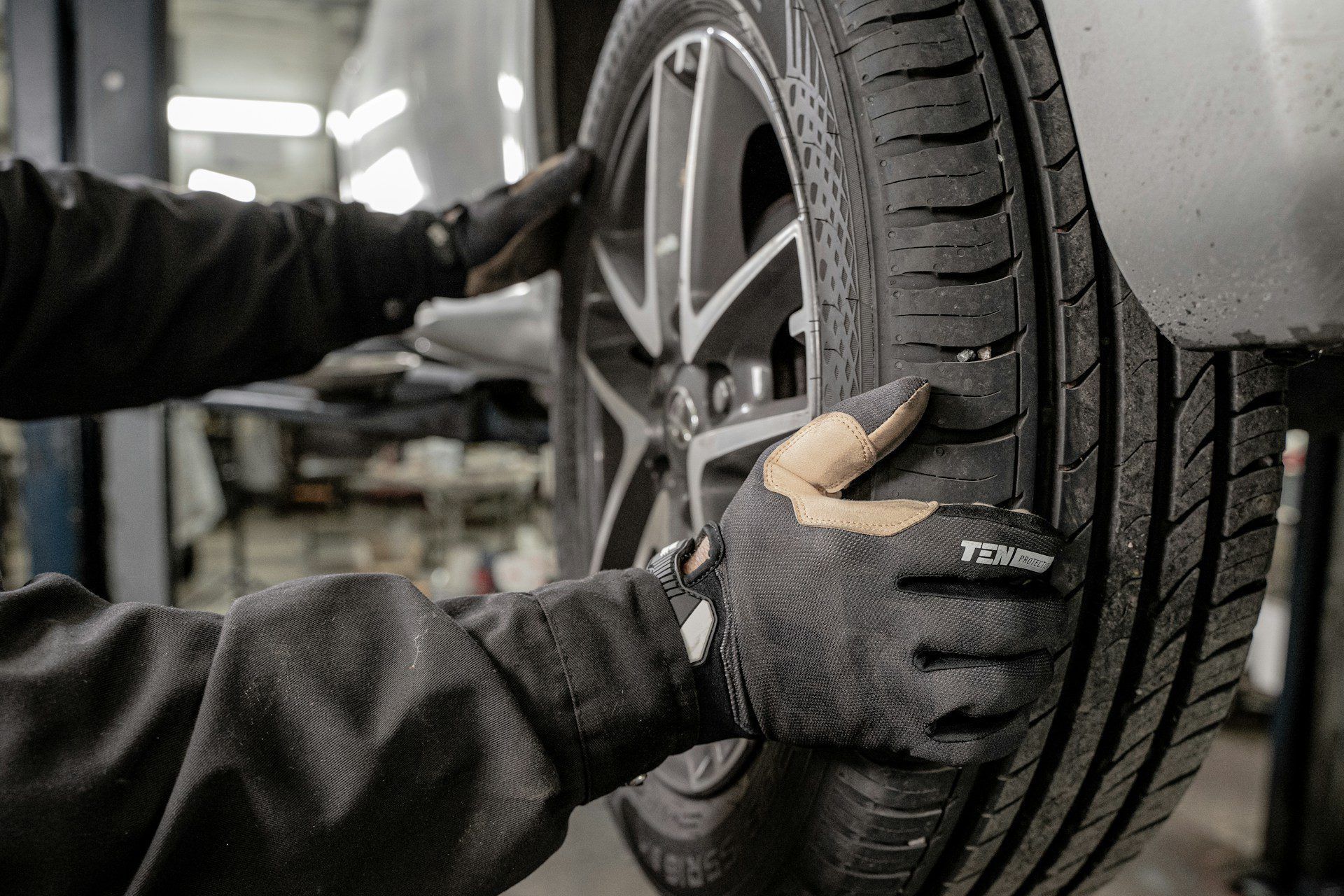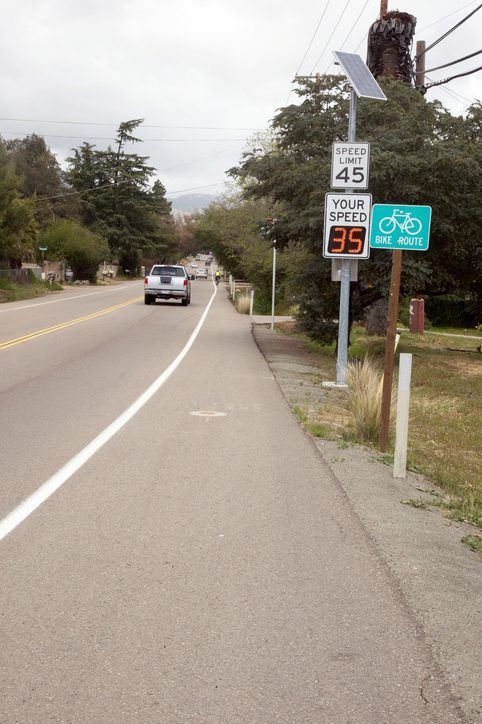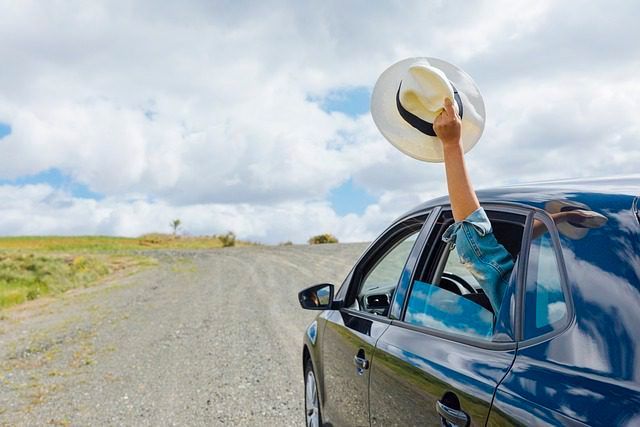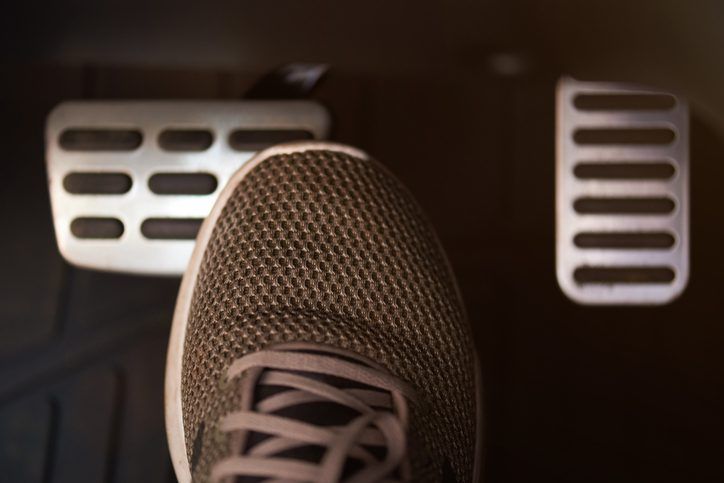Smart Tire Care

How much consideration do you give to what’s carrying you and your family down the road when traveling 60 mph? Along with the engine and brake care, the condition of your tires tops the list of critical safety factors and demands more respect than we often give them.
Although car tires today are more high-tech than ever, it ultimately comes down to you, the vehicle owner, to care and maintain them.
The Cost of Incorrect Tire Pressure: Let’s talk pressure—tire pressure, that is. It’s a bigger deal than you might realize. Cold weather chills your tires, making them lose about a pound or two of air each month. When it’s warm? They’re even thirstier, losing air at a faster rate. And get this—keeping those tires pumped to the right pressure can boost your gas mileage by a whopping 3% or more, according to the U.S. Department of Energy.
Consider this stat: drivers lose 10% to 50% of their tire tread life just because of under-inflation. That’s half of your tire’s potential!
Need New Tires? Check with an Easy Test: How do you know when it’s time for new tires? Worn tread is the obvious giveaway, and the minimum legal measurement of depth should be 2/32 of an inch. A common test is to insert a penny with Abe Lincoln’s head upside down in the shallowest groove of a tire. If you can spot the top of his head, it’s time for new tires.
Now, here’s the great part: keeping your tires in top shape isn’t rocket science. Monthly tire pressure checks will help tremendously! And while you’re at it, give those sidewalls and rims a quick once-over for any wear and tear.
When is the Best Time to Check Tire Pressure? When they’re cold, before hitting that first mile. Keep a trusty tire pressure gauge in an easy to locate place. Carry your own tire pressure gauge. The correct inflation amount for your vehicle is listed in the driver’s manual, and on a sticker in the glove compartment and/or the driver’s side door. Keep those numbers in check.
Have a tire inspection at your trusted service shop before a long trip. Checking your vehicle’s tire pressure is best done when the tires are cold before the vehicle has been driven one mile. Carry your own tire pressure gauge. The correct inflation amount for your vehicle is listed in the driver’s manual, and on a sticker in the glove compartment and/or the driver’s side door. Have a tire inspection at your dealership before a long trip.
Don’t Forget About Rotation. Every 5,000 miles is the magic number to rotate them. And here’s a tip: pair this up with your yearly oil change and tune-up.
Watch out for imbalances and wonky alignments. They’re sneaky and can cause uneven wear, steering wheel shakes, or some awkward noises. Under-inflated tires will wear out the edges faster, while over-inflated ones will favor the center treads being more worn. Because of the dangerous hazard of hydroplaning on wet pavement, the rear tires, which hold most of the grip, should be a priority for changing before the front tires.
Most new vehicles come with an automatic tire pressure monitor sensor that alerts you when any of your tires may be underinflated, so read the signs. It’s up to you to care for the rubber that meets the road. Get into the habit of smart tire care, and you’ll feel better knowing that what’s carrying you and your family is most reliable and safe.
Fueled by DriversAutoKnow.com®










